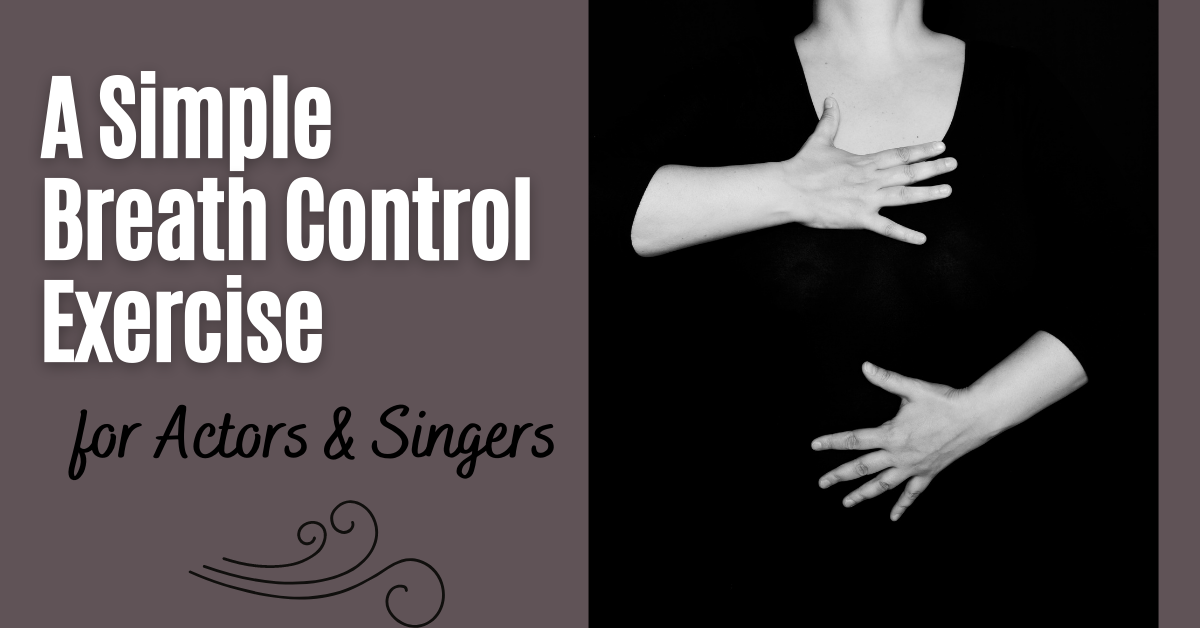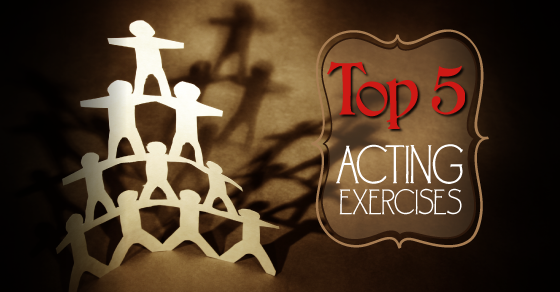Can You Hear Me Now? A Peer-Led Volume Exercise
Isn’t it funny how some students are loud and enthusiastic during break time, but once they’re onstage, their voices seem to disappear? No, you haven’t lost your hearing – it’s one of the many mysteries of working with students in the theatre. Students don’t always believe their teacher when they say, “You need to be louder!” or “I can’t understand what you’re saying!” However, the following exercise will help provide an alternative solution to this problem, as it focuses on peer evaluations. Hearing feedback from a peer is always different from receiving feedback from a teacher!
In this exercise, students will rotate through performing their lines onstage and receiving feedback, and then observing others’ performances and giving feedback to their peers.
Materials Needed:
- Lines from a show/scene your class is currently studying, or a brief monologue (can be different for each student, or have all students present the same lines). For this exercise, it is best if the lines are memorized in advance, but this exercise can also be done “on book.”
- If you’re looking for material, we’ve got free monologues you can use for this exercise.
- Peer Evaluation Sheet (Don’t miss the giveaway at the end of the blog!)
Instructions:
- Students will take on two roles within this exercise – performer and peer evaluator.
- For this exercise, it is better to not let students choose their partners. Draw partner names out a hat or have them go alphabetically.
- One partner (the performer) will stand on the stage or in the centre of the classroom. The other partner (the peer evaluator) will stand at the back of the room or auditorium.
- The performer will present their lines out loud, while the peer evaluator makes notes on the Peer Evaluation Sheet. Peer evaluators will focus on volume (soft versus loud), diction (clear versus unclear), and speed (too slow, too fast, or just right!).
- Then students will switch roles, so each has the opportunity to perform the opposite role of performer or peer evaluator.
- After all the performances have taken place, students will receive their feedback forms and complete a brief Reflection.
- Alternative: You may wish to have students rotate between roles, rather than have partners evaluate each others’ performances. In this case, create a running order (the simplest version is going through the attendance list from top to bottom): Student A starts as evaluator while Student B starts as Performer. After B performs, they move to the evaluator role, while Student C steps up to become the performer, and so on. Student A would be the last to perform.
Optional Class Discussion Questions:
- How did you feel when you were evaluating your classmates? Was giving feedback easy or hard?
- Was it difficult to focus on just the technical performance of the monologue/lines, rather than on the content? Why or why not?
- In your opinion, is it easier to evaluate your friends, or a random classmate?
- What are some tips that would help students improve the volume, diction, and speed of their monologue/lines?
- Is there such a thing as being too loud onstage? Why or why not?



